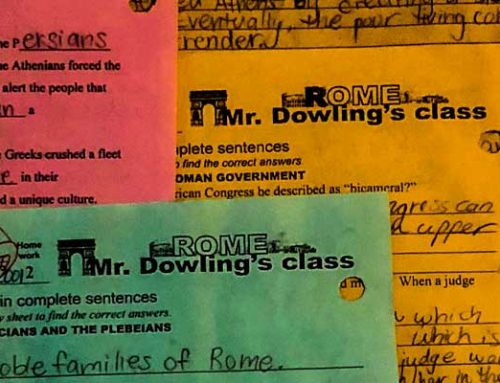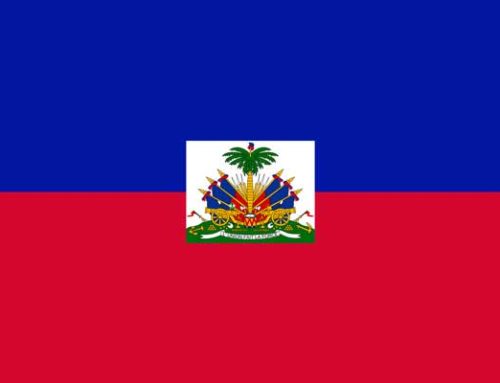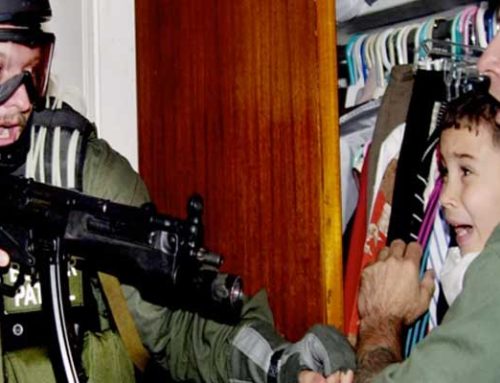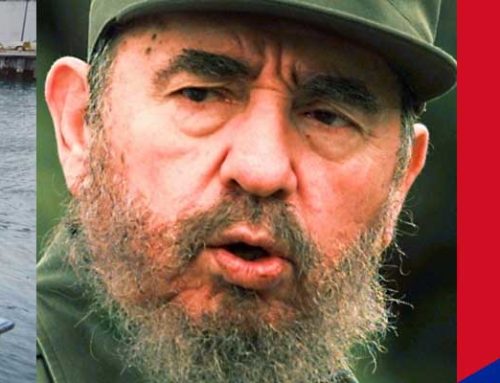The beginning of the colonial era in the Caribbean was also known as the “Golden Age of Piracy.” The Caribbean Sea was thousands of miles from European control, making the region a prime target for pirates who patrolled the seas to steal. European monarchs could not afford to send their naval forces to the Caribbean, so they instead issued “letters of marque” that allowed the owners of private ships to attack ships from rival nations. These ship captains were known as privateers, legal pirates who turned over a portion of what they seized to the government that sponsored them.
One of the most famous privateers was Sir Francis Drake, who sailed for England while England was at war with Spain. Drake not only raided ships, he also attacked Spanish towns and mule trains carrying gold. Drake was not an outlaw, at least in England. Queen Elizabeth I chose him to be the second person after Magellan to lead a sailing expedition around the world. Shortly after Drake completed his journey in 1580, Elizabeth addressed him as “my dear pirate,” and she knighted him over the objections of the Spanish.
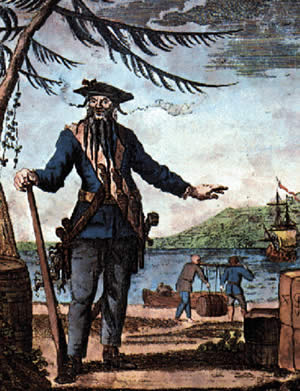
Blackbeard
Edward Teach (c. 1680 – 1718), better known as Blackbeard, was a notorious English pirate who operated around the West Indies and the eastern coast of the American colonies.
English and French pioneers began to settle on the island of Hispañola around 1630. They became known as buccaneers because they cooked their food on open fires known as buccans. The Spanish believed they could force the buccaneers to leave by removing their food supply, so they sent hunters to slaughter the wild pigs that were the buccaneer’s primary food source. With the pigs gone, many buccaneers turned to piracy to survive. Many buccaneers moved to the island of Tortuga, off the coast of Hispañola, because its fresh waters, fertile ground, good anchorages, and defensible harbors made it ideal for their needs.
Piracy in the Caribbean began to subside by 1750. The European governments had established profitable colonies in the region, so they could afford to send trained naval forces rather than rely on privateers. The European monarchs also signed treaties that allowed the safe passage of ships in the Caribbean. Piracy is still a problem in the Caribbean, particularly in cases involving illegal drugs, but modern communication technology has made the sea a safer place to travel and trade.
Resources:
Mr. Donn has an excellent website that includes a section on the Caribbean.
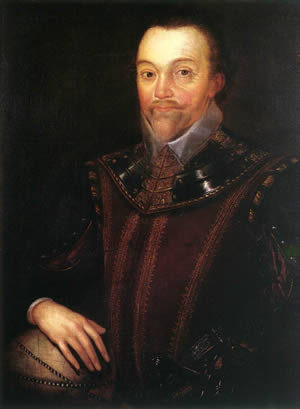
Francis_Drake
Sir Francis Drake (c. 1540 – 1596) was an English sea captain, privateer, and slaver of the Elizabethan era. Drake was the captain of the second voyage around the world, from 1577 to 1580.

